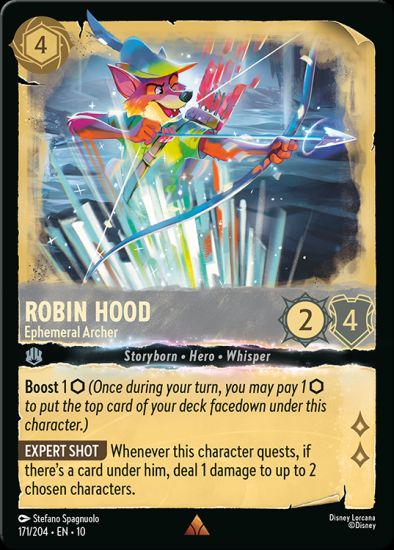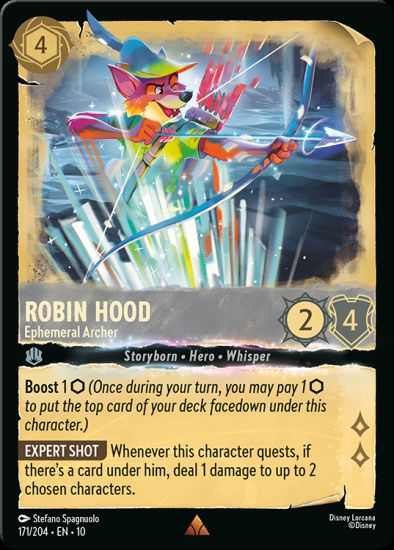A legal battle over Netflix’s popular reality TV series “King of Collectibles” has concluded with a plot twist worthy of a courtroom drama. The leading characters of this narrative, Goldin Auctions, its celebrated founder Ken Goldin, streaming giant Netflix, and the creative minds behind the “King of Collectibles”, have emerged victoriously. The antagonist, Gervase Peterson, a notable participant from “Survivor,” filed a copyright infringement lawsuit that was recently dismissed by a federal judge.
In the sprawling saga, Peterson alleged he had proposed a concept bearing striking resemblance to “King of Collectibles” to Ken Goldin back in 2019. He claimed that his brainchild, named “The Goldin Boys,” was subsequently modeled into a show by Wheelhouse Entertainment and later snapped up by Netflix, all taking place devoid of his participation or consent.
At the crux of this dispute were the reportedly evident similarities between Peterson’s initial pitch and the show, now celebrating its second season on Netflix. Peterson claims that after an initial discursive phase, communication abruptly halted in the middle of 2020. Soon after that, a production concept eerily similar to his proposal seeped into the development phase. Despite such allegations, the defense countered that the series, which offers an in-depth look into Goldin Auctions’ functioning and Goldin’s personal life, was grounded in unprotectable common concepts, according to the parameters set by the Copyright Act.
Lending weight to this perspective, Judge Christine O’Hearn from the New Jersey federal district court articulated her agreement. She explained that the components Peterson insisted were protectable under copyright laws are seen as ‘scènes à faire.’ This legal axiom refers to scenes or themes typical to a genre, and as such, are not subject to copyright protection. She further illustrated that many dimensions of reality TV are nestled within this era, using the example of day-to-day business operations displayed in “King of Collectibles.”
In addition, Judge O’Hearn emphasized that non-fictional subjects and typical segments commonplace in reality TV are frequently categorically unprotectable. She cited earlier legal precedents in her judgment dismissing the case, reinforcing the complexities involved in attempting to copyright vast concepts and themes recurrent in reality television.
Far from wilting under legal scrutiny, “King of Collectibles” has parlayed this saga into a triumphant tale of resilience. Having leapfrogged legal barriers, the popular TV show has also earned its place under the spotlight in the entertainment industry, recently earning a prestigious Emmy nomination. This victory serves as a stern reminder of the labyrinthine nature of copyright legislation and the fine line between generic, uncopyrightable ideas and unique creative expression. As the final courtroom drama fades, one thing remains in focus: reality TV production will continue to dance on the edges of copyright laws, as it continues to engross audiences worldwide.


